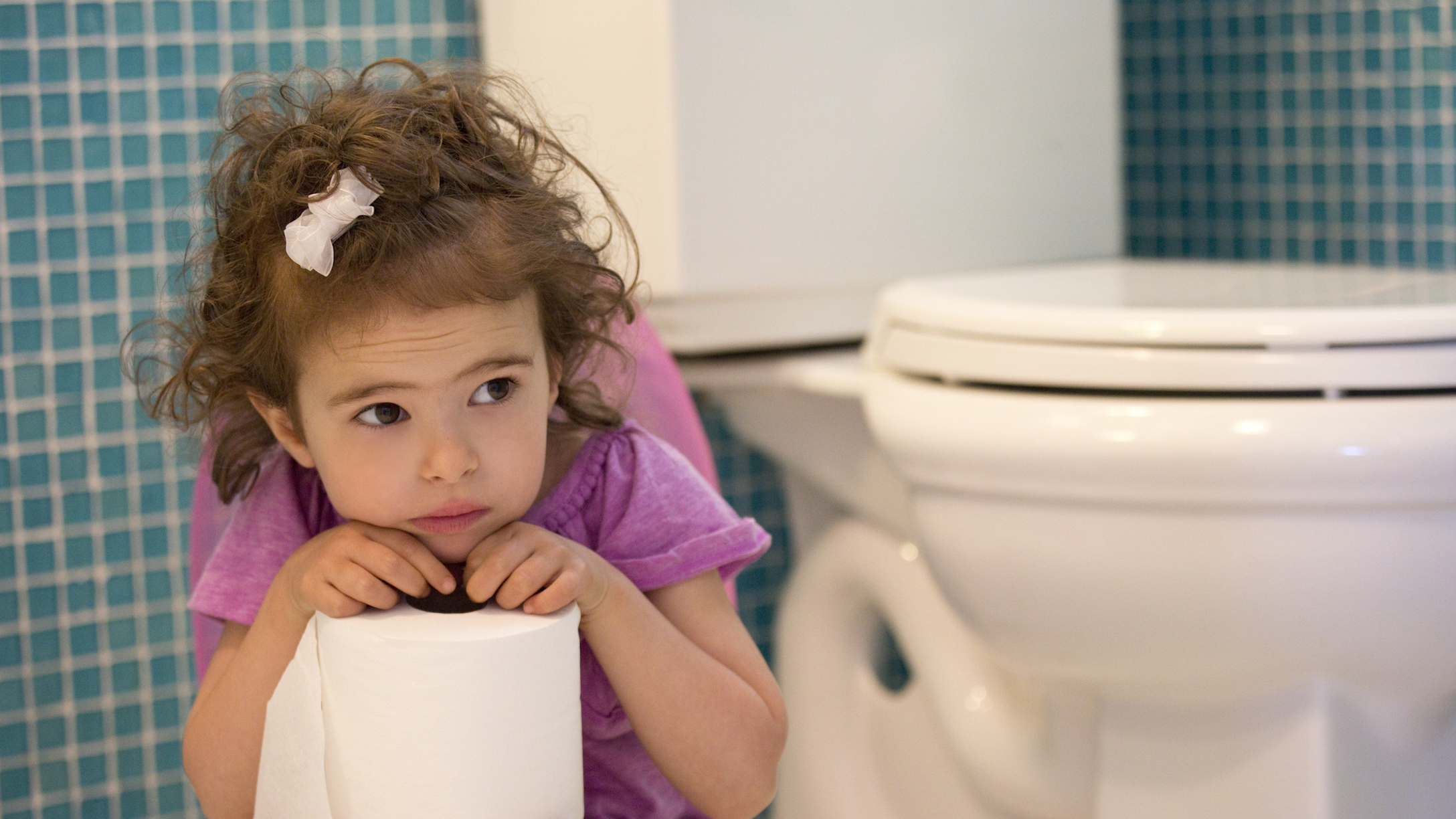
Potty training a child is one of the most difficult parts of parenting in those first few years. And parents who have children with disabilities may have to approach potty training in different ways to ensure success for their individual child's needs.
CafeMom spoke on the topic with Taryn Lagonigro, CEO and cofounder of Extra Lucky Moms, a community dedicated to "shifting perspectives surrounding disability." Lagonigro potty trained four children, including her youngest daughter who has Down syndrome, so she's dealt with her share of struggles with that process. Now she's hoping to help make potty training easier for other parents who have children with disabilities — or at least help them feel less alone on the journey.
More from CafeMom: One Dad Recorded His Daughter's First Day of School for 13 Years & Now We're All Crying
Timer Method
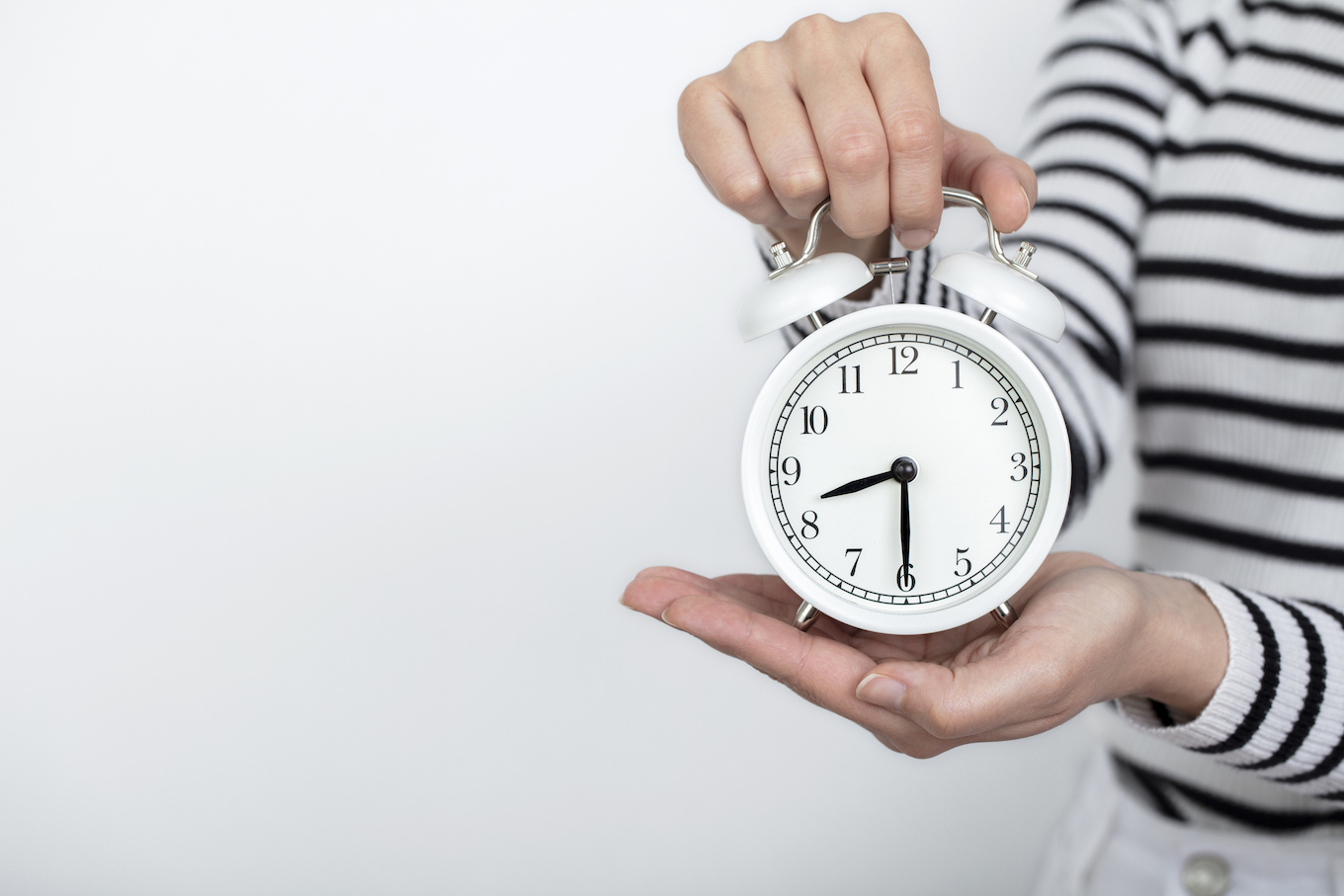
Lagonigro found that her daughter struggled with realizing she had to go to the bathroom and telling her parents in time. So when Lagonigro started potty training, she set a 90-minute timer and took her to the bathroom at those times to get ahead of any issues. They eventually weaned off that method, but it helped in the beginning.
Training Underwear
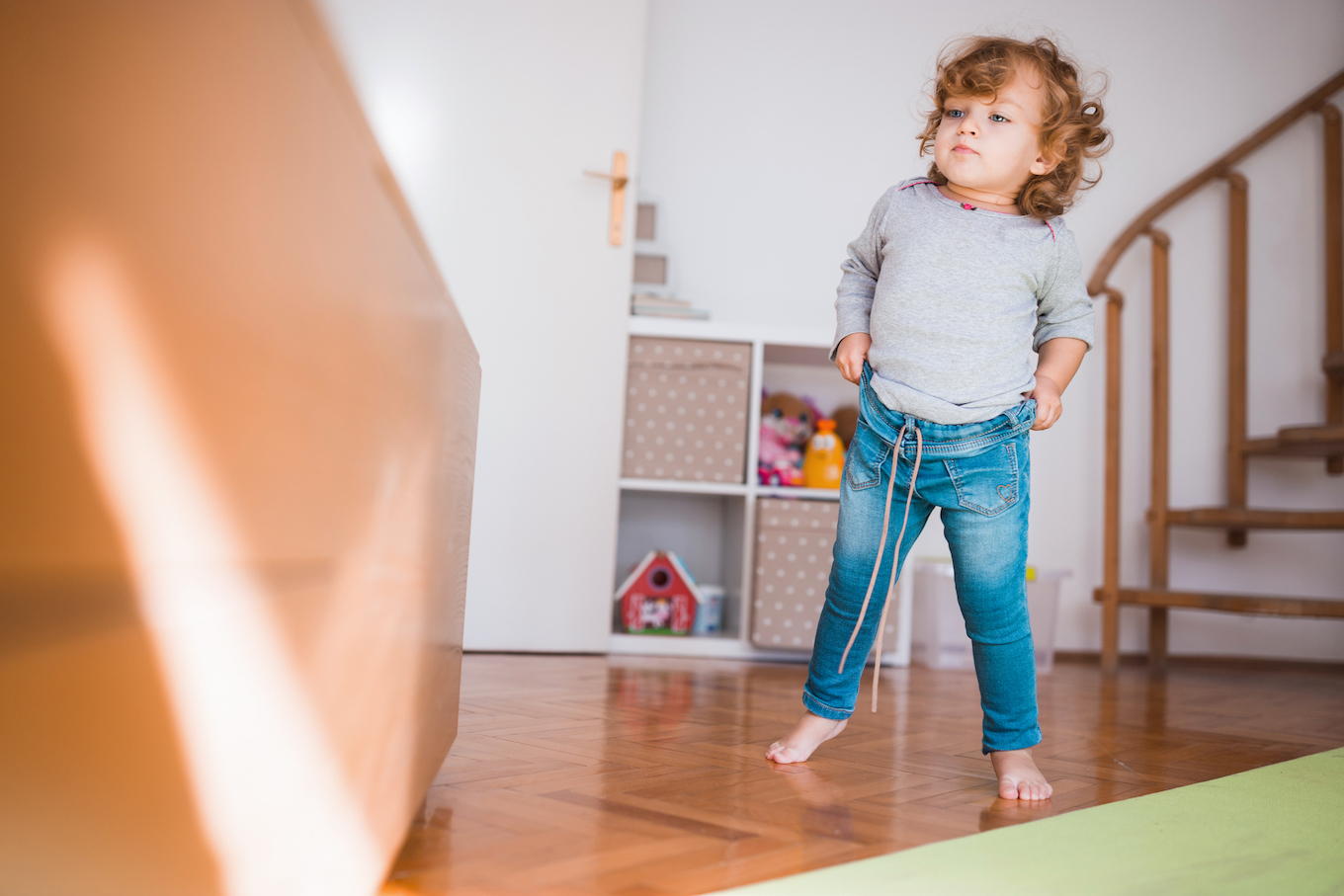
While some parents may try having their children wear regular underwear or no underwear for potty training, Lagonigro started with thicker training underwear. It replicated some of the feeling of being uncomfortable after going to the bathroom in the fabric while still containing the mess.
Let the Child Participate
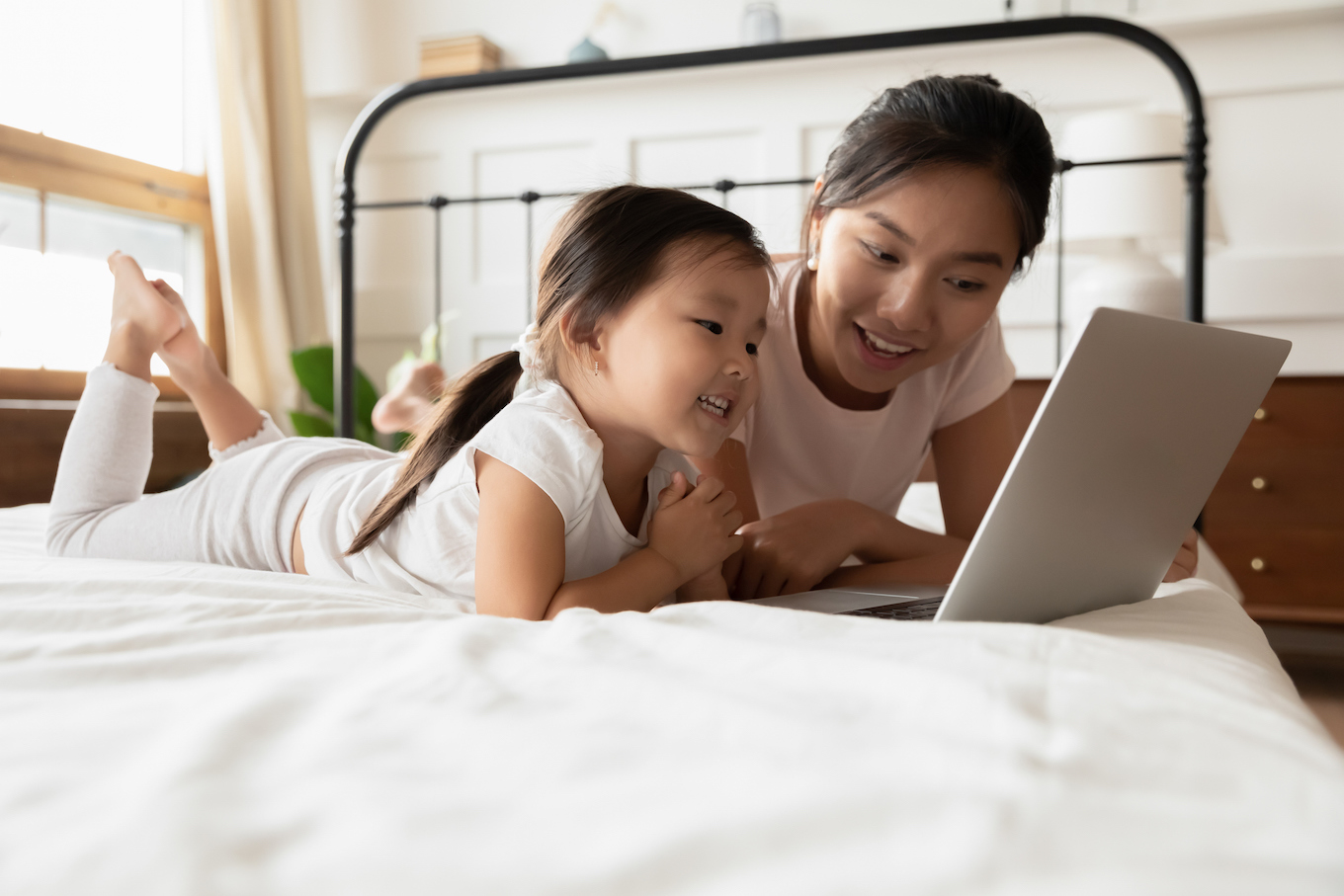
Giving our kids agency where we can goes a long way toward making something like potty training successful. Lagonigro let her daughter choose the design on the training underwear to get her involved in the experience. "I tried to like get her excited about the process," she says.
More from CafeMom: How AI Technology Can Positively Impact Children's Education, According to an Expert
Visual Tools
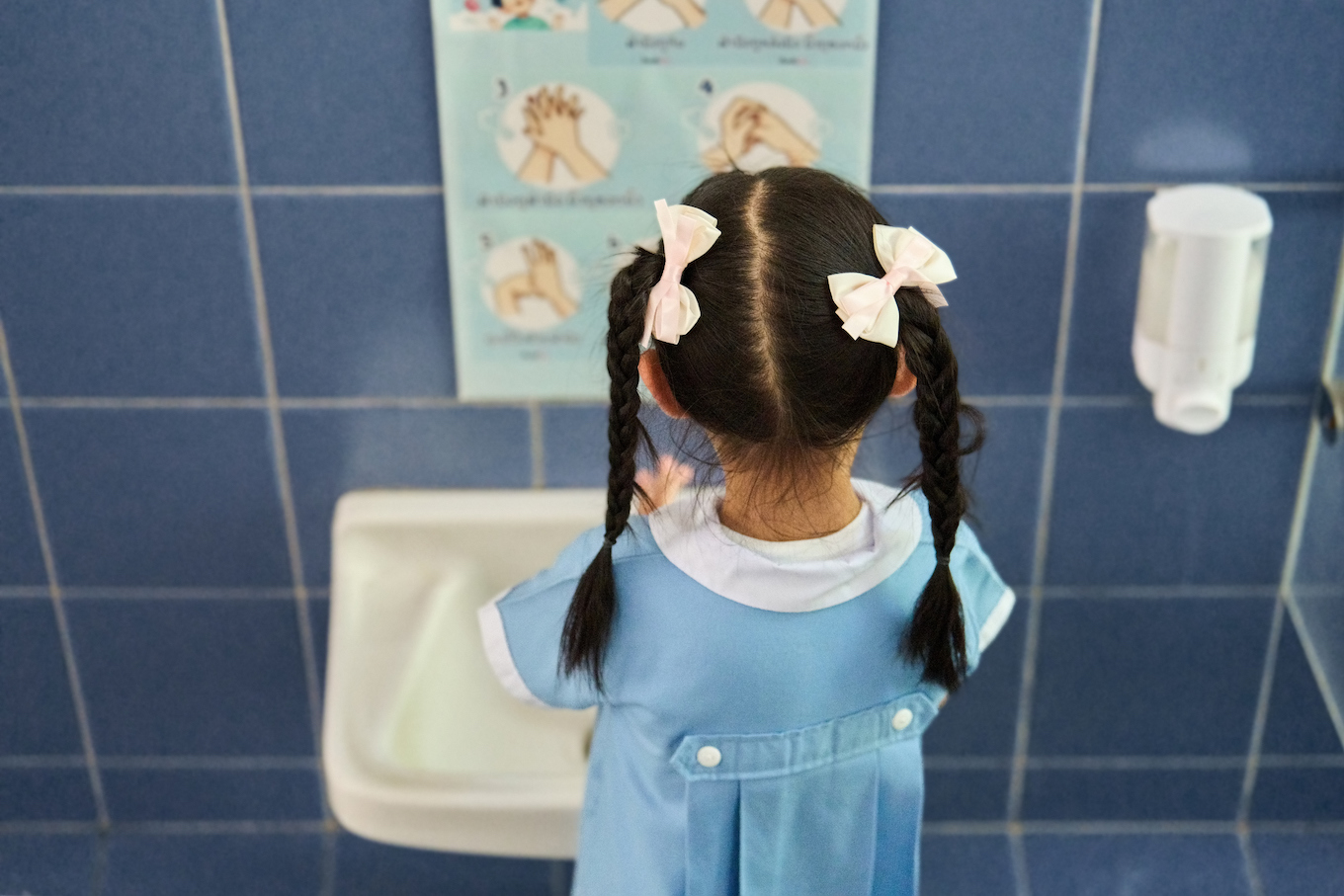
For children who struggle with communication or verbal skills, Lagonigro says that visual tools can help the process. "You could put a picture of a potty in every room, for example, and then the child … could go and point to the picture. And that's their way of telling you that they have to go potty."
She adds that a visual checklist of a morning routine showing pictures of brushing teeth, going potty, and getting dressed can also help walk the child through the process.
Sensory Processing

For children who deal with a sensory processing disorder, potty training can be difficult. Lagonigro didn't experience this firsthand, but through friends she's learned that figuring out the child's sensory triggers and trying to make the process as positive as possible can help.
She also suggests "talking about it more in more detail and kind of preparing them more for the process … so that there's as little surprise as possible to trigger any of those responses."
Encouragement
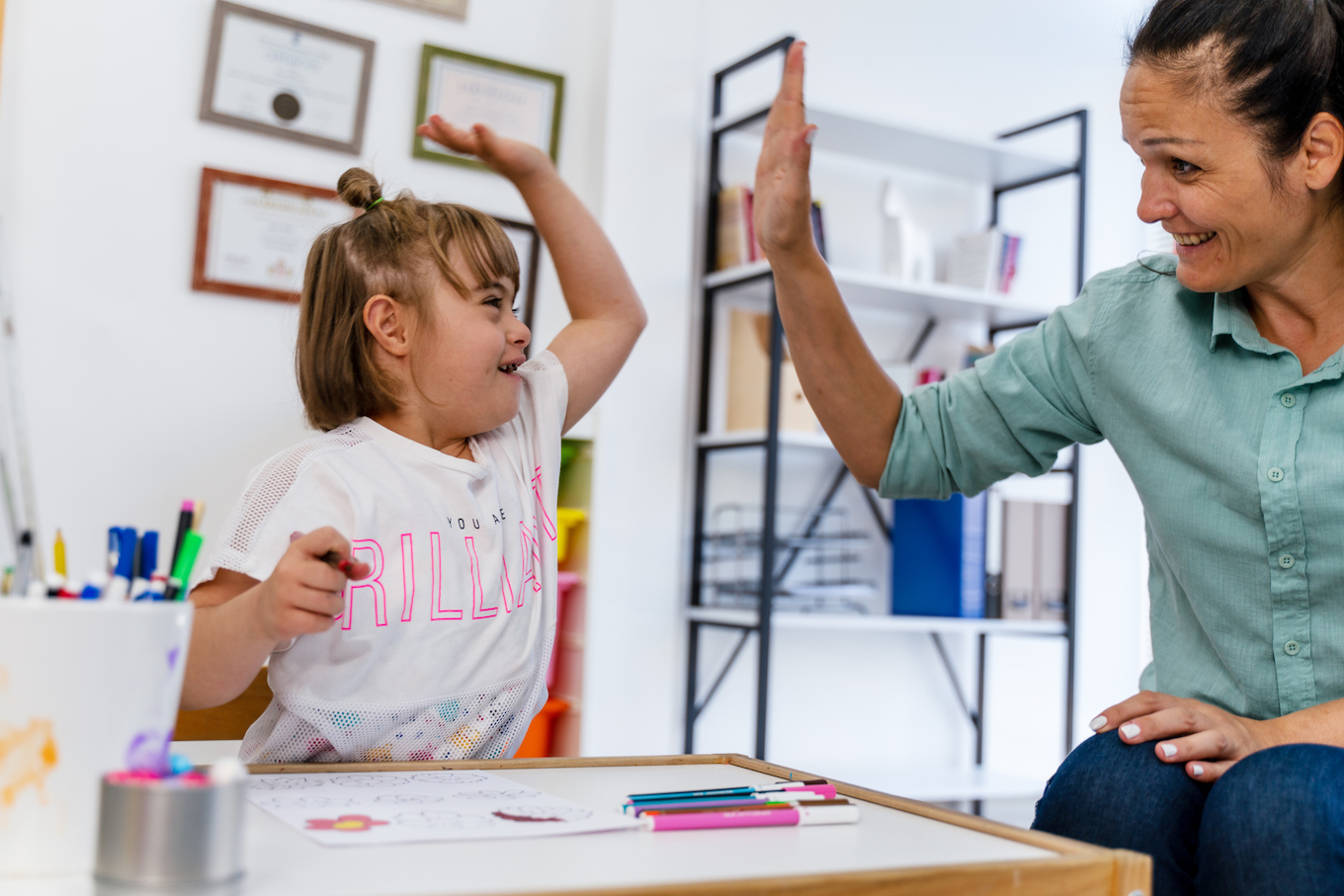
Some children respond well to physical rewards, like getting an M&M for using the potty, but Lagonigro found that didn't work for her daughter. "She would get confused about not getting the reward … and then when she would get it, she kind of would just like eat it and it wasn't having that connect-the-dots thing," she says.
Instead, Lagonigro discovered that her daughter liked positive reinforcement, like clapping and "making a big deal out of it."
Modeling
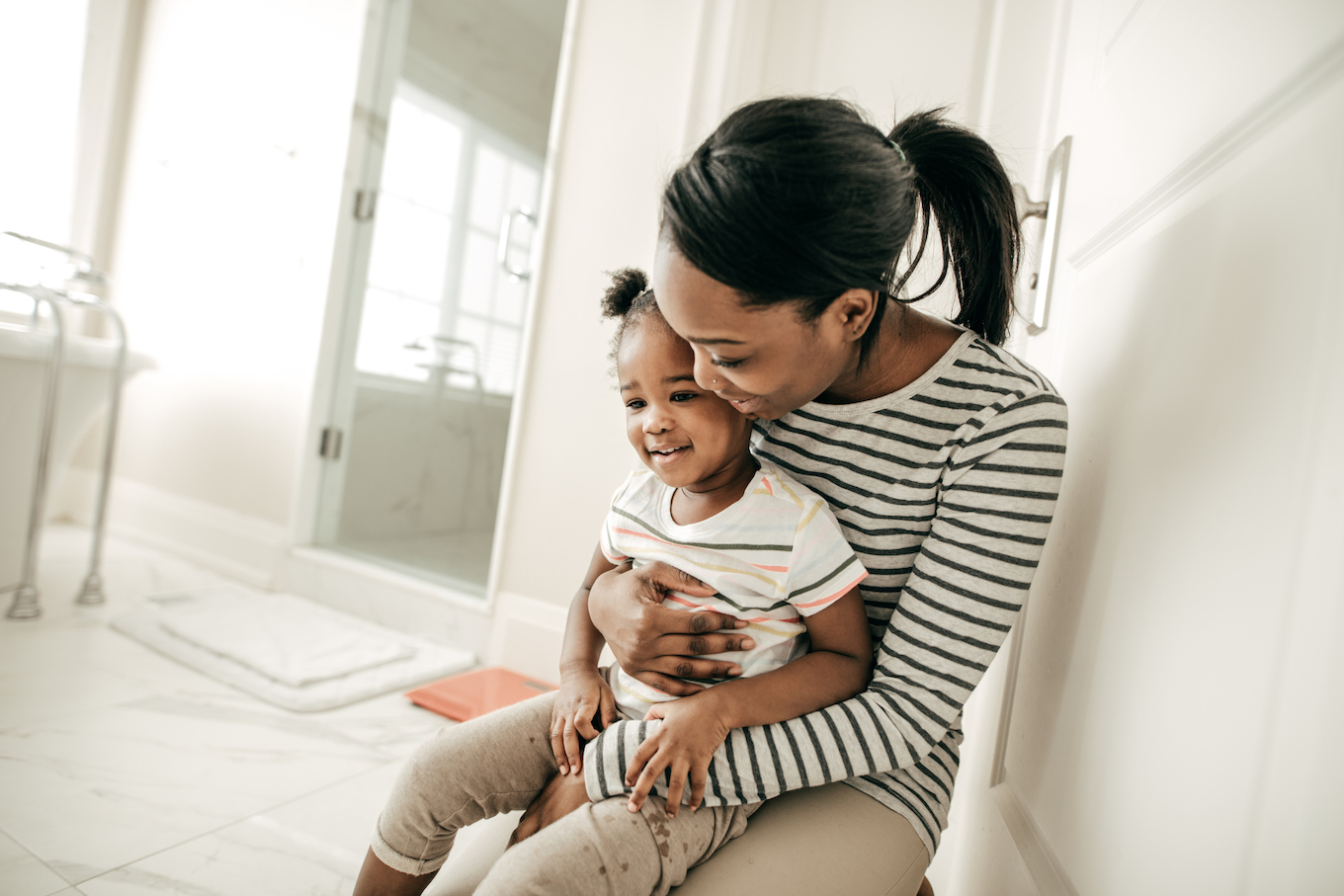
For her own daughter, Lagonigro tried to have the whole family model the behavior to encourage her. "Another thing that we did was like, make her part of everybody's routine … we were calling out when anybody was going to the bathroom," she says, adding, "I think seeing other people have that same routine really helped her want the routine."
Adaptive Tools
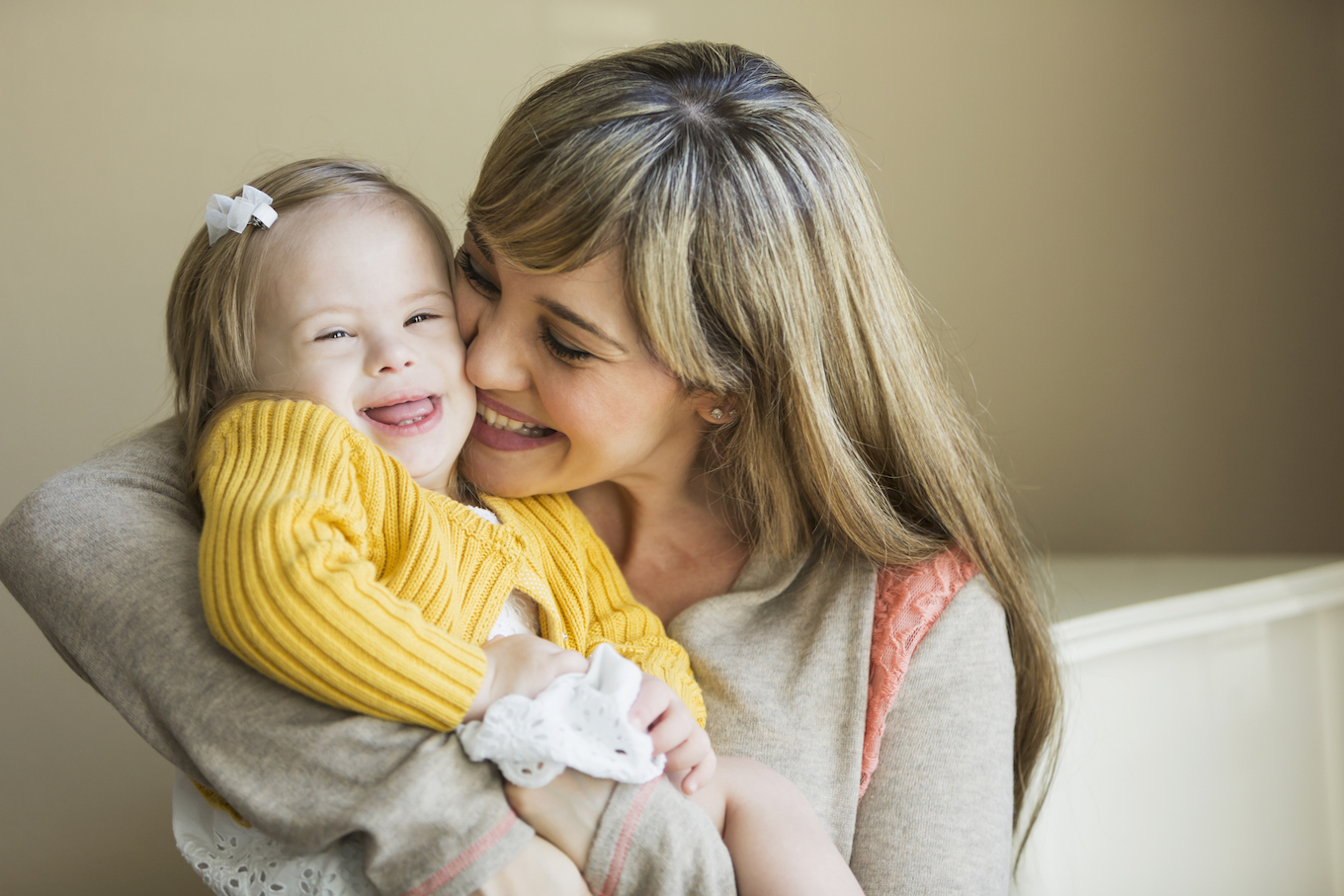
When potty training a child with disabilities, parents have to think about any tools they may need to help with the process. For Lagonigro that was a stepstool with handles because her daughter is smaller and has low muscle tone. "She can't just like stand up and like turn around and sit down," Lagonigro says. "We have a stepstool that has handles on the side so she can kind of have independence as much as possible."
Take a Break
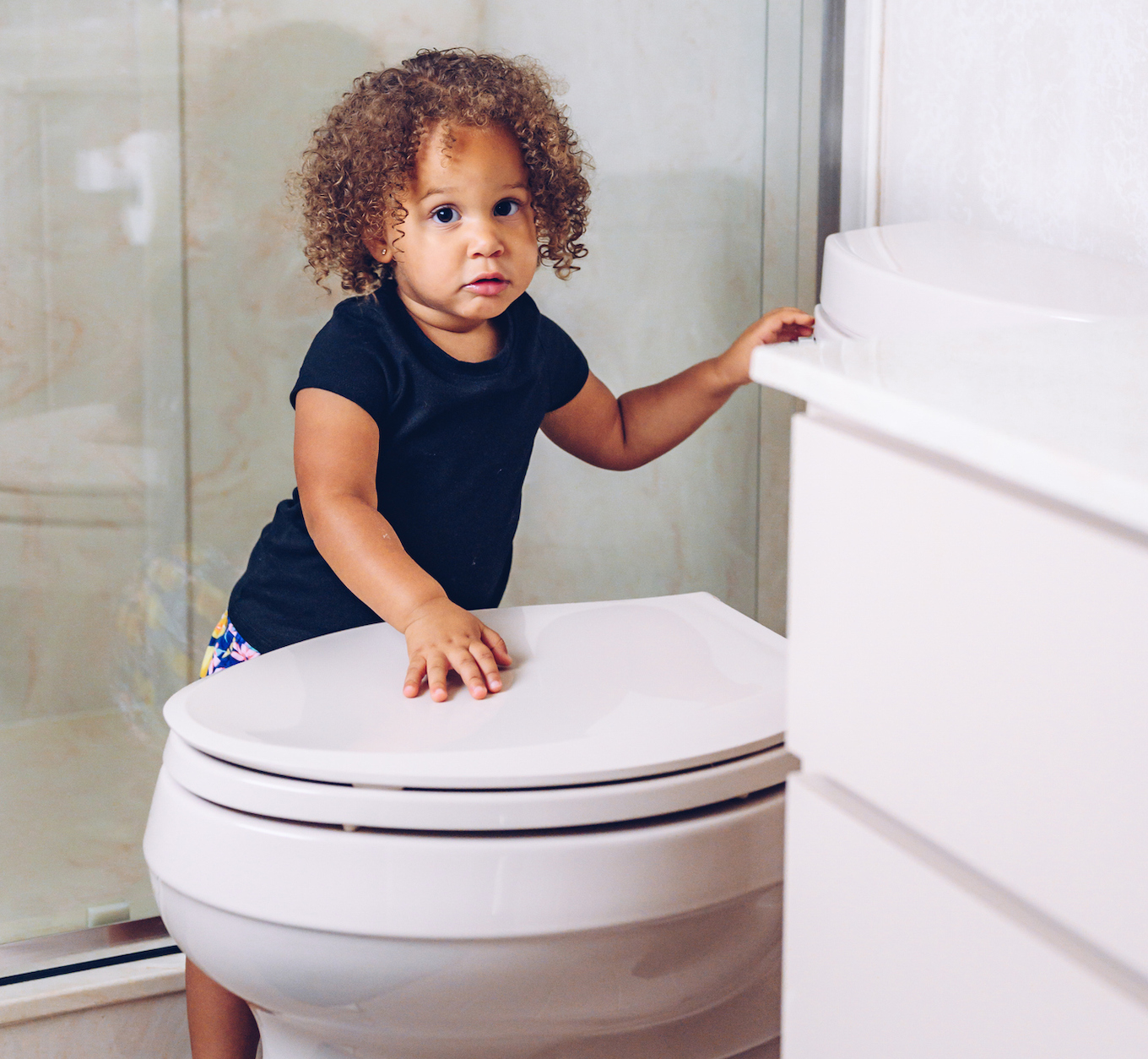
Lagonigro says she tried a couple of times to start the potty training process, to no avail. "If everybody's hating it and if your child is totally frustrated by the potty training situation, then no, it's not the right time," she says. But after taking a break when she eventually picked it back up later on, she noticed a shift.
"She was like not fighting me on it. She was enjoying celebrating it. She was proud of it … which I think helped the process."
Proper Mindset
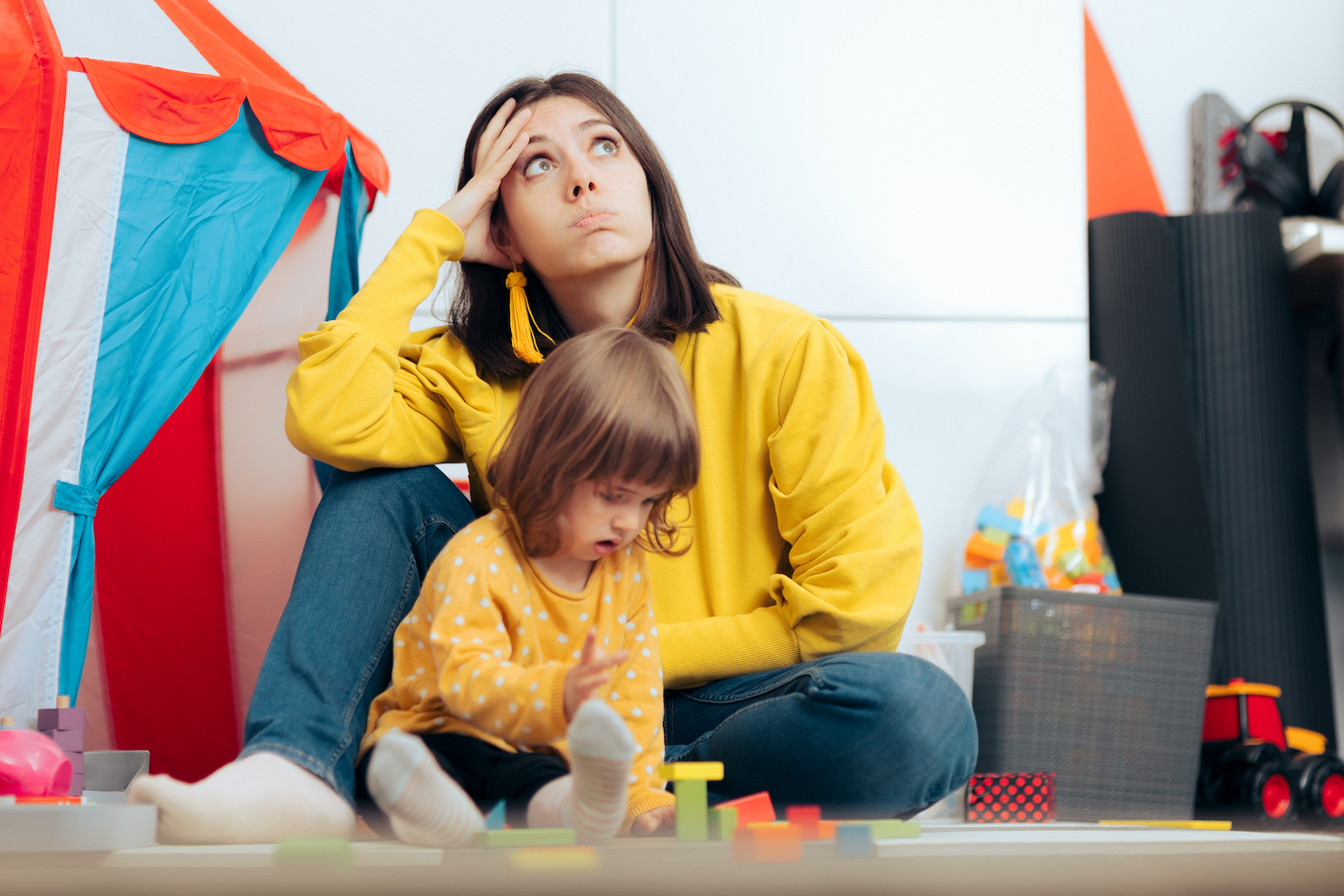
A big part of being ready to take on the potty training challenge is also the parents' mindset. "It was kind of just reminding myself … this was gonna be a longer haul," Lagonigro says.
It may not be the easiest process, but it's easier if parents can go into it knowing that it could look a little different — and that's OK.
Consistency Is Key
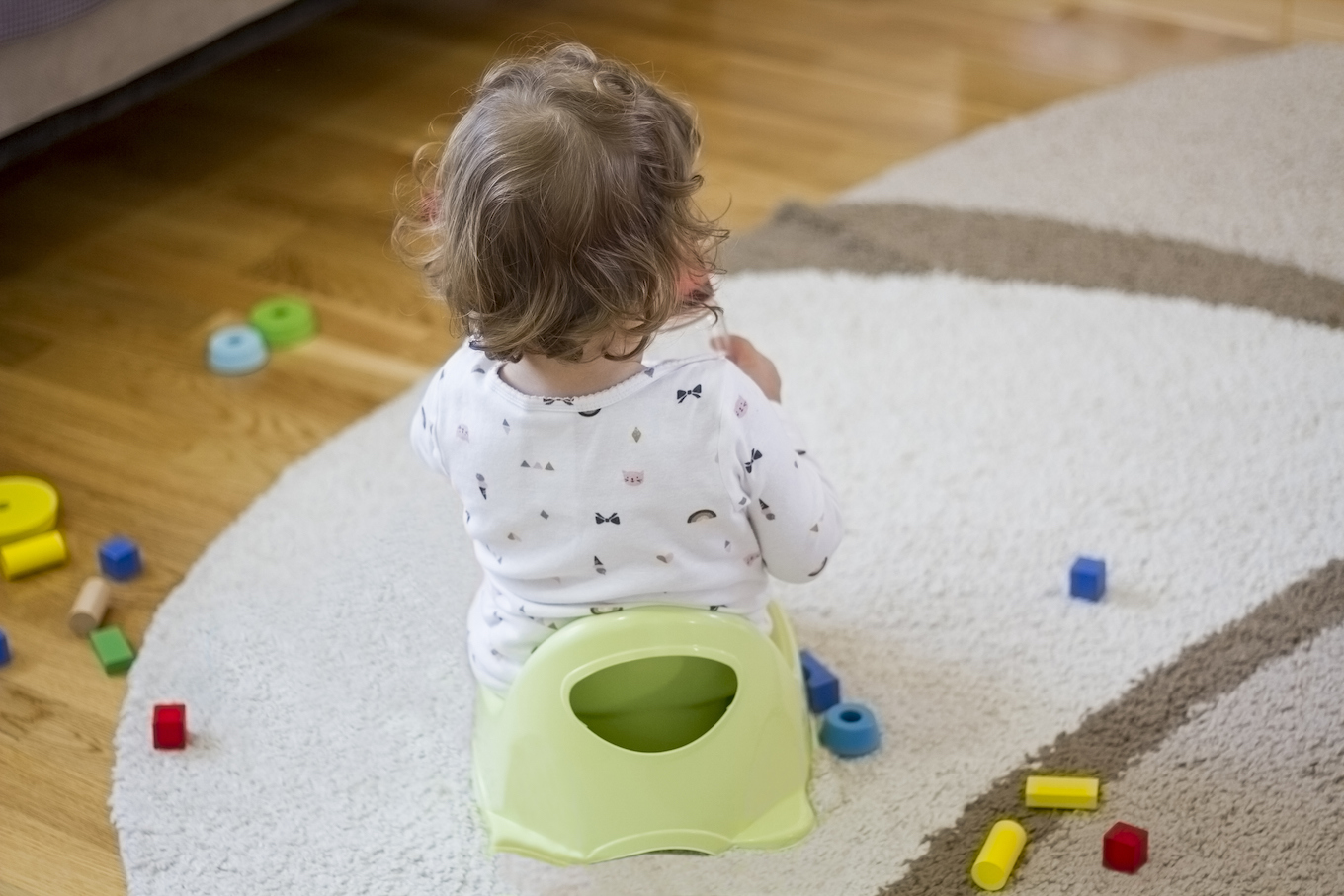
Once she and her daughter fully committed to potty training, Lagonigro says consistency and repetition was really important. "It was really a month of consistency at home and at school to where I felt like, OK, we're there," she says.
Longer Timelines
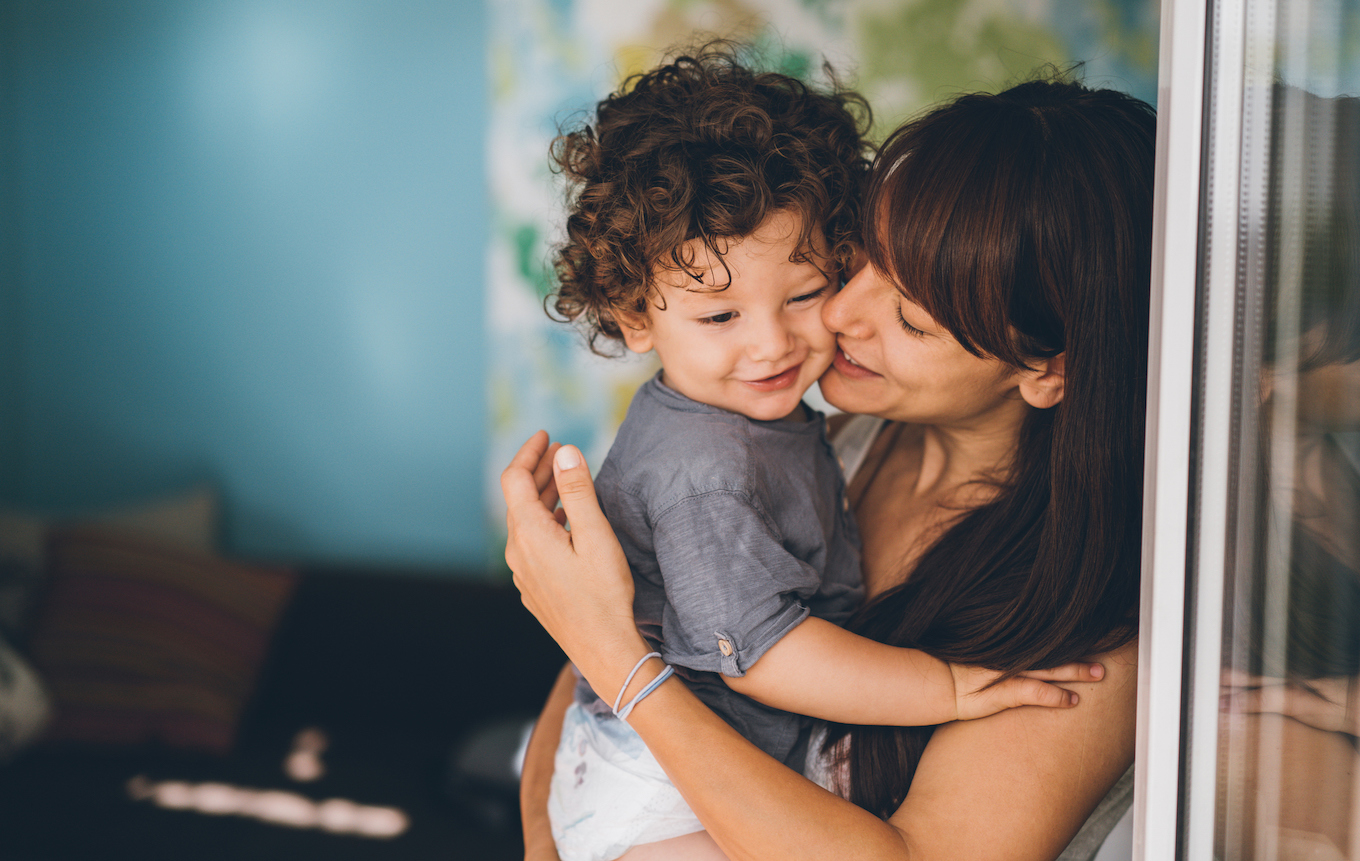
In general, parents of children with disabilities may need to expect longer potty training timelines with later endings. "My other children, where they potty trained like somewhere between 2 and 3, [my daughter] just kind of wrapped it up now, at almost 4 1/2," Lagonigro says.
Small Wins
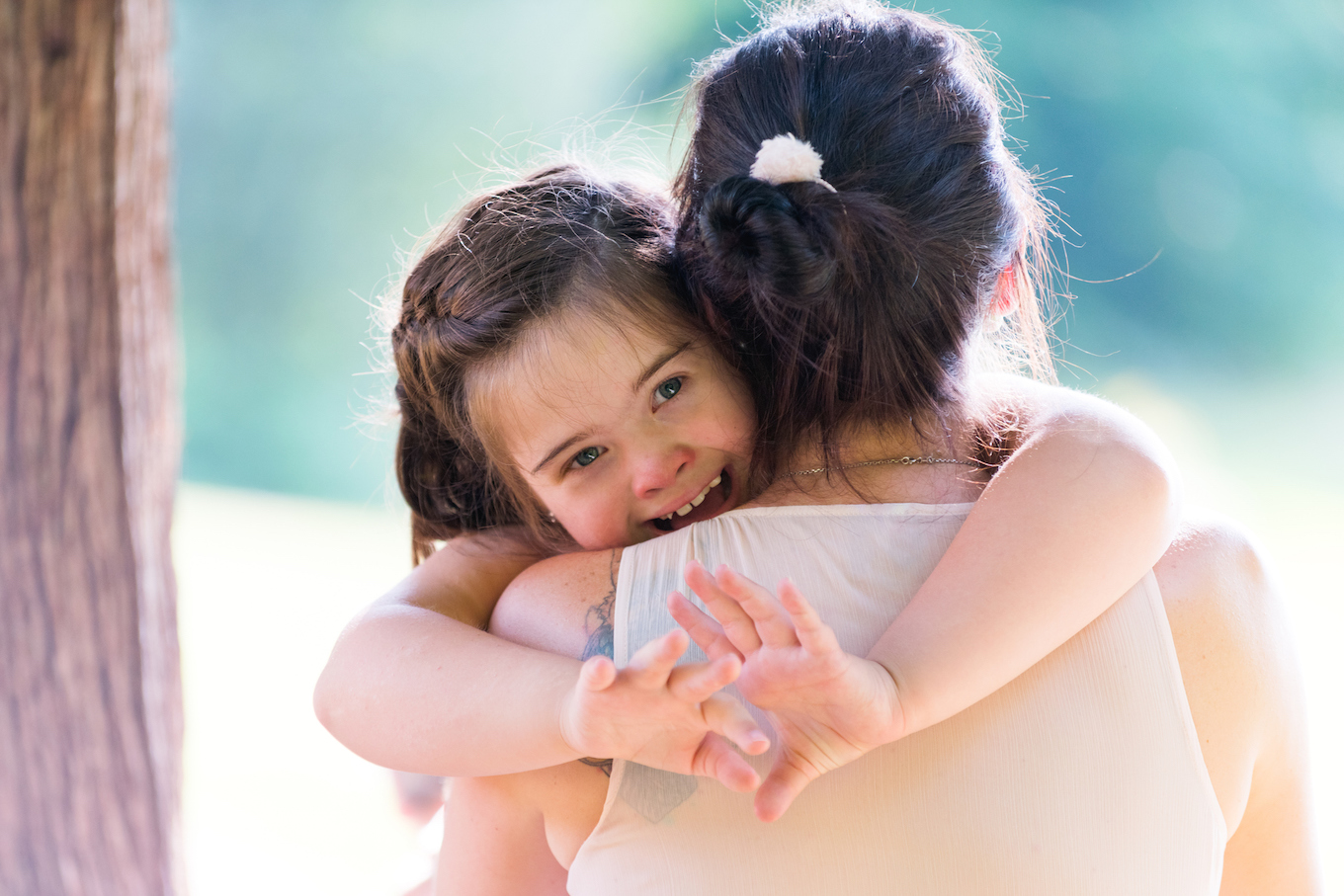
Lagonigro recommends setting small goals to celebrate throughout the process to help it feel more successful. "Like just getting through maybe the morning without an accident," she says, adding, "[Or], yes, we had some accidents today, but we had two successes."
Definitions of Success
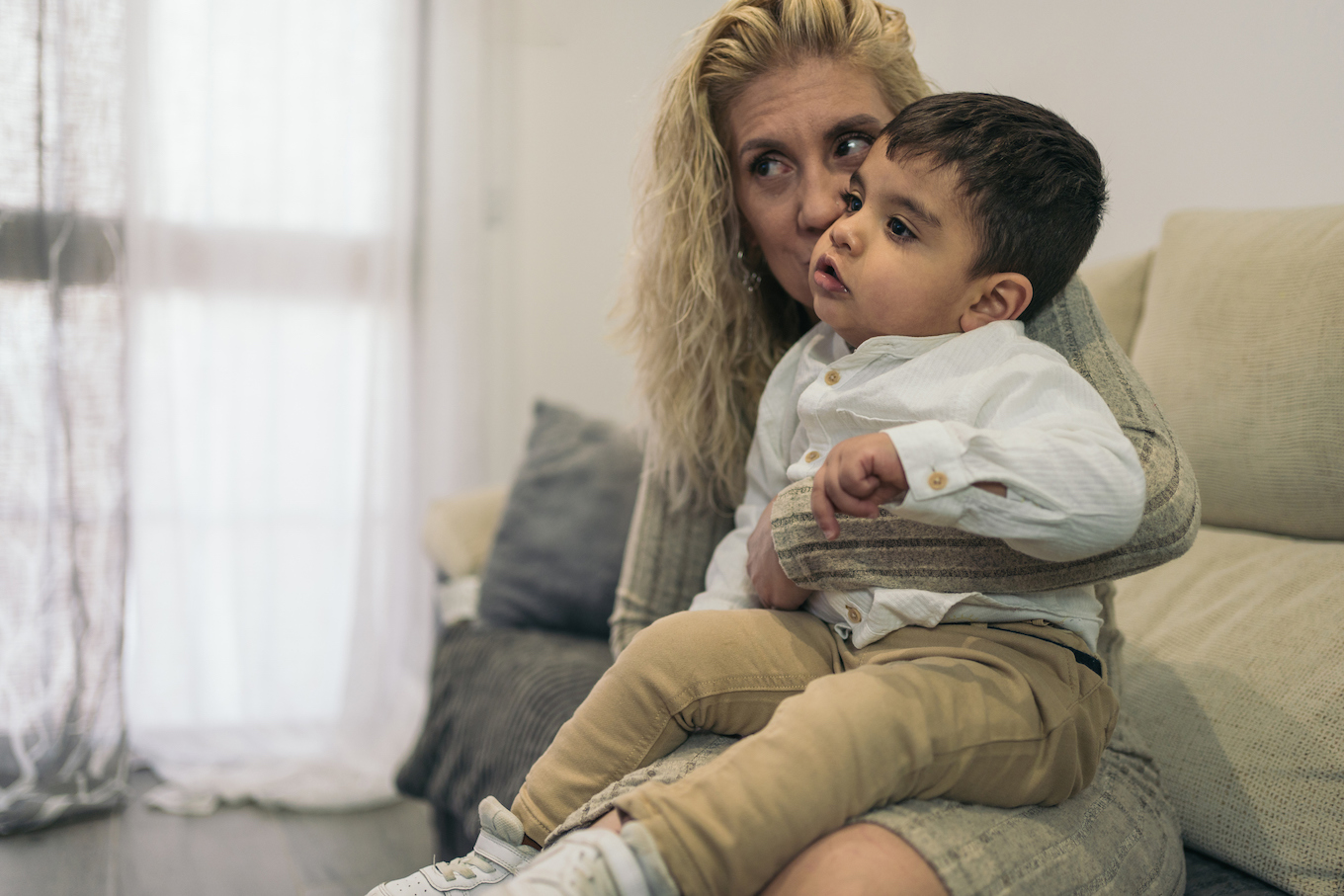
The definition of successful potty training can mean different things to different people, Lagonigro says. "Some people in the disability community only get 80% there. Like maybe they'll never have nighttime success — maybe only daytime success, and that's OK." She adds, "You have to focus on that. You got 80% there versus 20."
For More Info
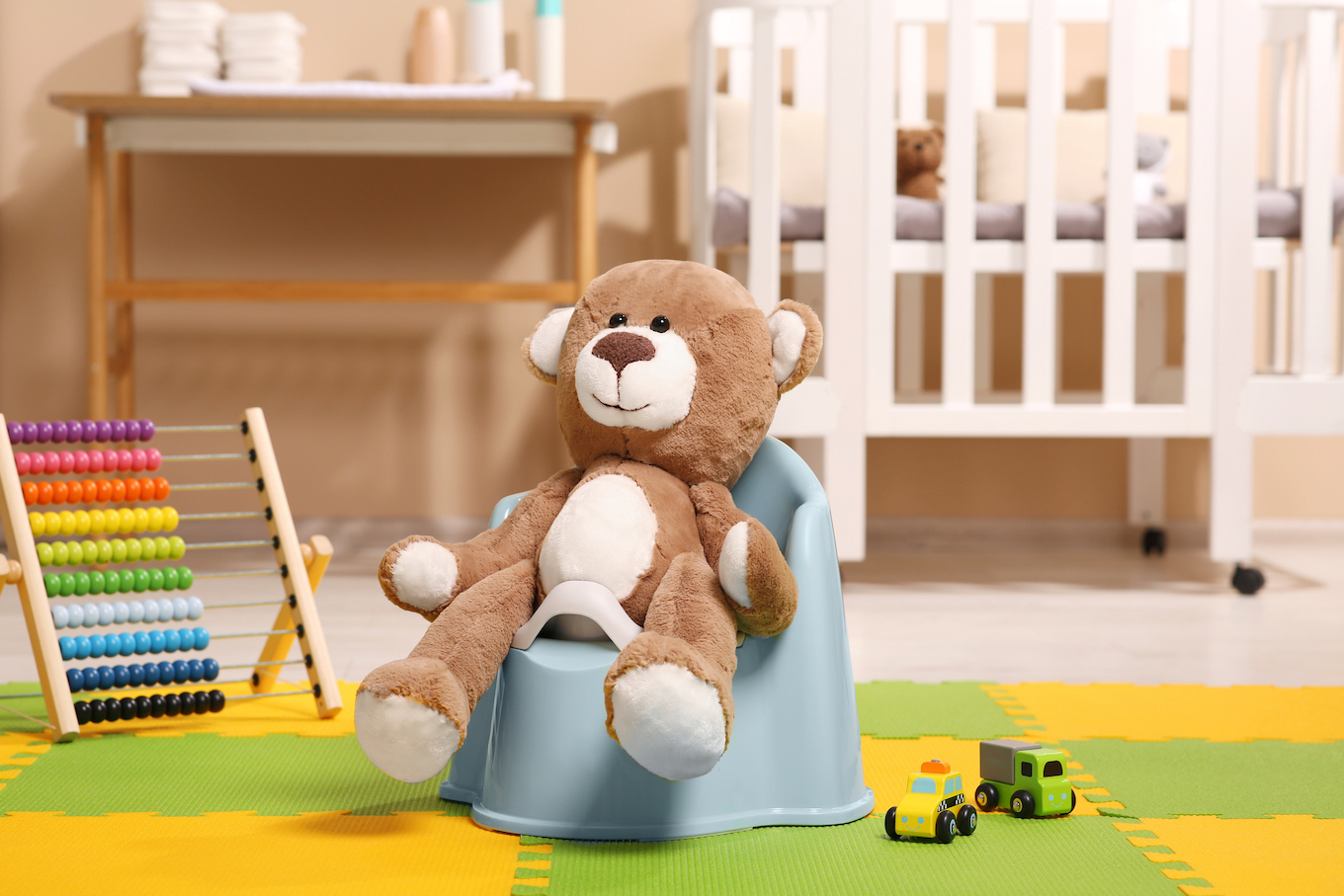
Parents who want further guidance can check out Lagonigro's forthcoming book Potty Training Children with Disabilities that she's publishing with potty training consultant Allison Jandu. "[We] have parent experiences sprinkled throughout the book," Lagonigro says, adding that these stories are meant to encourage parents to keep going on the journey.
There's not a publishing date yet, but people can sign up to be the first to know more at pottytrainingchildrenwithdisabilities.com.




